ii SIPP
What are the SIPP withdrawal rules?
Just like any other pension, there are strict withdrawal rules that limit the age at which you can start taking money out of your SIPP.
Find out more with this SIPP guide.

Important information on pension withdrawals
Once a request to make a withdrawal from a pension has been made it cannot be cancelled. This means Tax Treatment & Pension Allowances changes cannot be reversed. If you are unsure do not request a withdrawal. We recommend speaking to an authorised financial advisor or seeking guidance from the Government’s Pensionwise Service.
When can I start withdrawing from my SIPP?
You don’t have to wait until you retire before you can access your SIPP.
Under current rules you can start withdrawing from your SIPP (or any other private pension) once you turn 55. You might see this referred to as your Normal Minimum Pension Age or NMPA in your pension documentation.
This age, however, is scheduled to increase to 57 in 2028, the same year in which the State Pension Age (SPA) will go up to 67. From this point the NMPA will remain 10 years below the SPA.
You are under no obligation to start taking money out of your SIPP once you reach the NMPA, this is just the minimum age you need to reach before you can start making withdrawals from a private pension.
Can I withdraw money from a SIPP early?
You might be able to access your SIPP before the age of 55 (or whatever the NMPA has reached at that point) if you are suffering from very serious health problems.
For example, you may be able to access your pension early if you have a terminal medical condition and have been told you have less than 12 months to live.
Alternatively, you may be able to access your pension before you reach the NMPA, if ill health forces you to retire early.
Some people might also have a protected pension age which would enable them to access their pension before the age of 55. However, you would usually need to have a specific occupation (such as professional sportsperson) and it would need to have been agreed prior to April 2006.
If you aren’t sure, it is important to check the exact terms around early access with your pension provider.
In the vast majority of cases you will not be able to access your SIPP before the age of 55. If you come across any company, adviser or promotion that tells you it can arrange early access for you, it is likely to be a pension scam. Find out more about pension scams here.
What are the SIPP withdrawal tax penalties that I need to be aware of?
It isn’t illegal to take money out of your SIPP early. However, pensions are retirement savings products and, as such, the tax penalties for taking money out of your private pension early are very high.
Under current rules, HMRC will charge tax at a rate of 55% on any unauthorised pension withdrawal.
For these reasons we do not allow you to access your pension before the age of 55.
Once you reach age 55, you can take 25% of your SIPP as a tax-free lump sum (subject to a maximum of £268,275 unless you have protection in place). Withdrawals beyond your tax-free cash will be subject to tax at your marginal rate of income tax.
Find out more about your retirement income options.
How can Pension Wise help?
If you have a defined contribution pension scheme and are 50 or over, then you can access free, impartial guidance on your pension options by booking a face to face or telephone appointment with Pension Wise, a service from MoneyHelper.
If you are under 50, you can still access free, impartial help and information about your pensions from MoneyHelper.

Learn more about our SIPP
Learn how to make the most out of your SIPP with our useful guides.
Important information: The ii SIPP is for people who want to make their own decisions when investing for retirement. As investment values can go down as well as up, you may end up with a retirement fund that’s worth less than what you invested. Usually, you won’t be able to withdraw your money until age 55 (57 from 2028). Before transferring your pension, check if you’ll be charged any exit fees and make sure you don't lose any valuable benefits such as guaranteed annuity rates, lower protected pension age or matching employer contributions. If you’re unsure about opening a SIPP or transferring your pension(s), please speak to an authorised financial adviser.